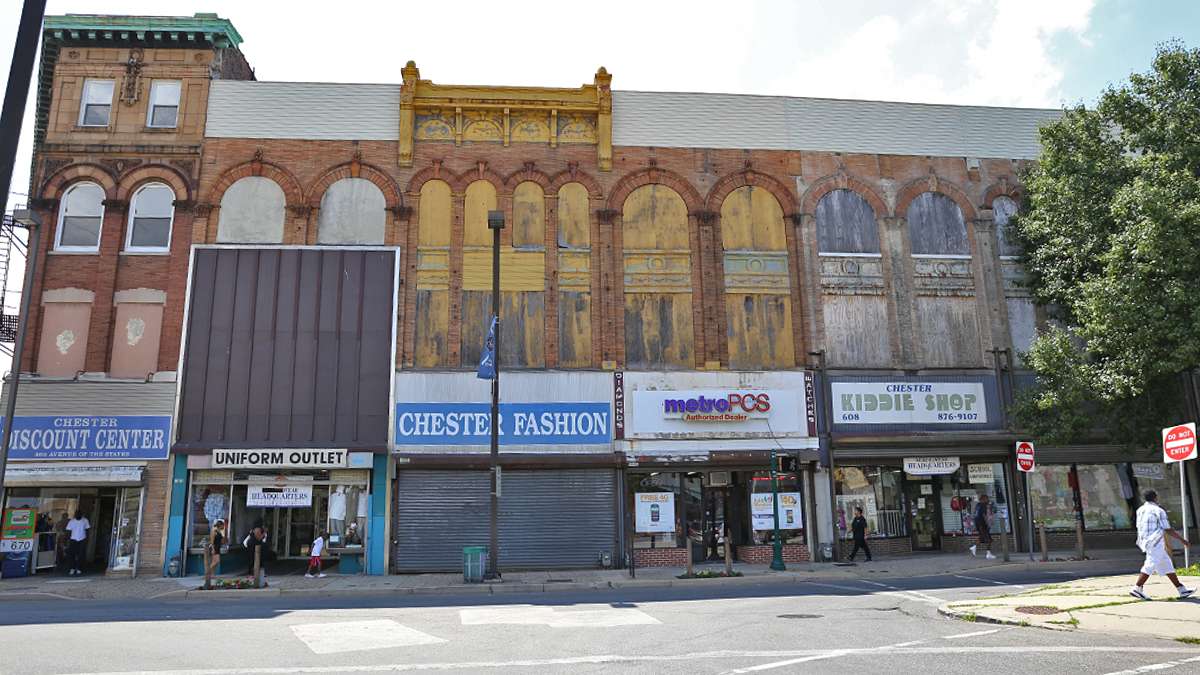FDA approves exoskeleton for paralyzed patients’ home use
A device that enables paralyzed people to stand and walk has just gotten approval from the FDA for home use.
The “ReWalk,” which looks like futuristic leg braces attached to a back pack, senses a tilt in the upper body, and signals motors at the hip and knees to move.
ReWalk was developed by an Israeli company and was tested in the U.S. at Philadelphia’s MossRehab, which is part of the Einstein Healthcare Network.
Jean Altomari was one of the patients who tested ReWalk during its clinical trial at Moss Rehab in 2011. Though the device felt a bit clumsy and noisy at first, Altomari said she liked it.
“As odd as it sounds, it feels normal, because this is the closest thing I have done to walking since I got hurt,” she said. Altomari was paralyzed in a car accident in 2009.
“Patients can stand for prolonged periods of time, and walk for long distances, without feeling fatigue,” said Dr. Alberto Esquenazi, the John Otto Haas Chair of physical medicine and rehabilitation at Moss Rehab. He explained that it takes about 20 hours of training for patients to learn how to use the device.
ReWalk doesn’t change their paralysis, but it reintroduces mobility into patients’ lives, he added. “They are able to stand eye to eye with other people, and interact with them, and they are able to walk and navigate through environments that would be much more challenging to navigate on a wheelchair,” he said.
Now that the device has been FDA approved for home use, Esquenazi said, more patients will have access to it, speeding up research and development. Right now, they’ll still need a wheelchair in addition, but in the near future, it may be the only device that they’ll need.
A ReWalk currently costs $69,000. Esquenazi says that’s comparable to a very high-tech electrical wheelchair — and the device could prevent costly complications associated with wheelchair use, such as skin breakdown and bone density loss.
WHYY is your source for fact-based, in-depth journalism and information. As a nonprofit organization, we rely on financial support from readers like you. Please give today.










